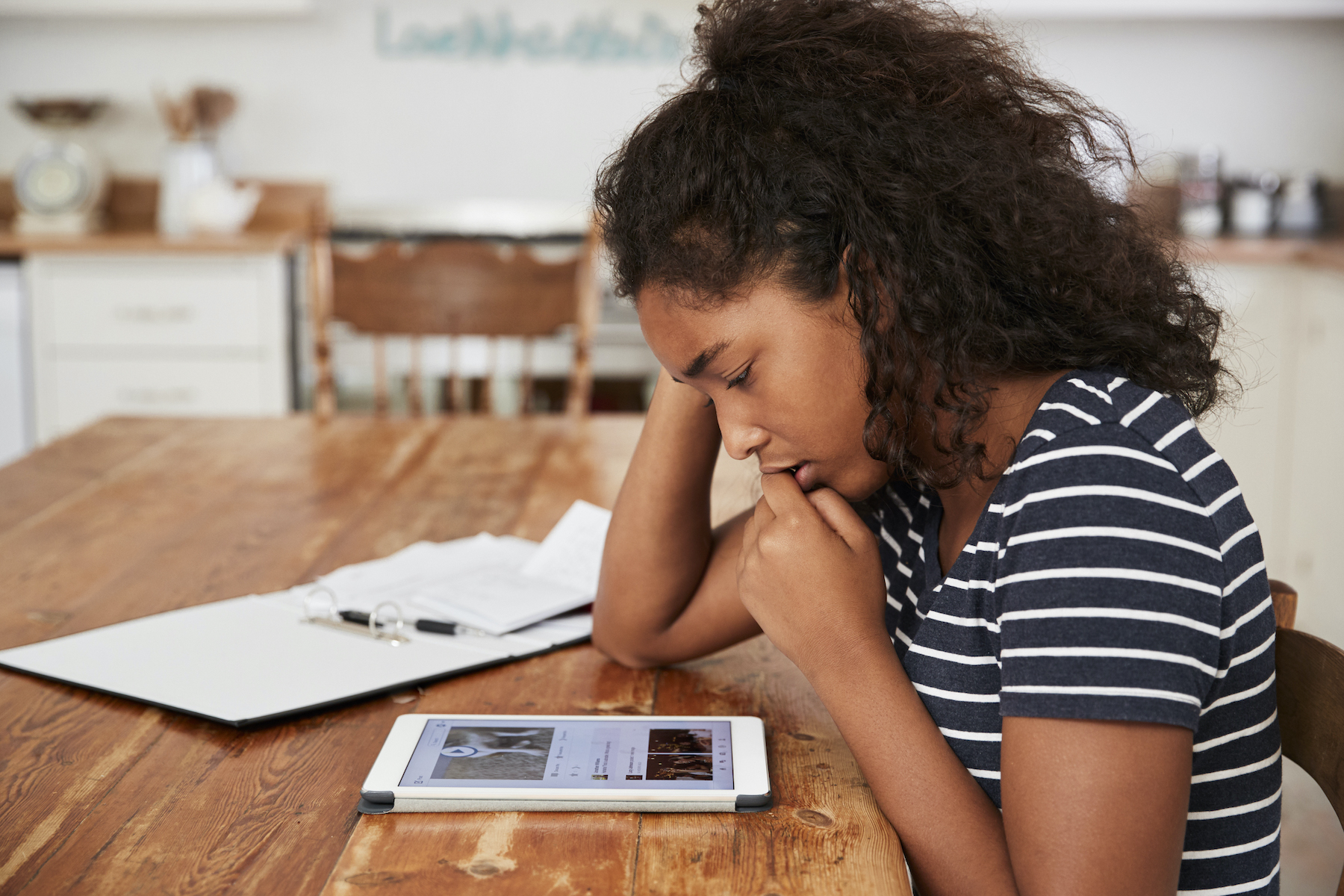With the majority of Americans on the internet in one way or another, online dating has become more popular than ever before. Approximately 40% of Americans report using online dating apps. About 39% of couples today report that they met online. Online dating is preferable to many individuals because it allows you to get to know your date on a personal level before meeting with them in person.
But, the same risks of using the internet also apply to online dating. The ability to hide behind a screen means that you do not always know who you’re talking to. Fortunately, there are steps that you can take to protect yourself when dating online, as well as precautions that can keep you safe should you decide to move your online relationship to in-person.
Avoid Cross-Posting Photos
While pulling photos from your social media accounts and cross-posting them to your online dating app might seem like the easiest way to set up an online account, this also makes it easier for strangers and other online daters to find more information about you. By copying and searching your photo on Google, people can track down your social media accounts and learn details about you, like where you go to school, where you work, and even the names of your family members and friends. With access to multiple online accounts, they can learn a lot about you.
In addition to using different photos on your dating profile, it is also a good idea to set your social media accounts to private. You might eventually share these profiles with someone you talk with online, but choosing which online dating users have access to your information is important. Get to know the person before moving communication to a third-party site. Dating sites often have tools in place to prevent scams.
Avoid Over-Sharing
Online communication can get personal, fast. While sharing your personal information like your hobbies, interests, values, and even your dreams are important in developing a relationship, certain pieces of personal information should stay confidential.
Never give out the following information online:
- Your address or the name of the building you live in
- Your place of employment
- Your full name
- Your or your children’s school
Some users might choose to hold off on giving their phone number out too. Fortunately, many free apps and programs allow you to make a free phone number.
The same concept of over-sharing applies to images also. Avoid sharing images online that you don’t want others to be able to access. Keep in mind, everything shared on the internet is public.
Be Aware of Fake Accounts
It is not always easy to identify a fake account or a scammer, especially if someone has filled it with realistic photographs and content. However, some tell-tale signs might indicate that you are interacting with someone who isn’t being entirely honest, including:
- Using a fake name
- Using stock photos
- They have no biography
- Minimal photos on their profile
There are many tools online that you can use to learn more about a person and check the truthfulness of their claims. You can do a quick search of their name and check for social media accounts to verify their name and location. Real profiles also tend to have a lot of friends, whereas fake accounts might only have a few friends. A LinkedIn account can verify a person’s employment status. You can also take their image and drop it into a Google search. If the image is connected to a stock photo website, then the user is not honest about who they are.
Be Aware of Internet Scams
Internet scams are rampant, even in dating apps. Be aware of a few of the most common tell-tale signs of a scam, including:
- Someone requests money or bank account information from you
- The person frequently changes important information like their name or location
- The user offers to give you money
- They tell you outrageous, hard-to-believe stories
One of the best ways to reduce your risk of internet scams is to use an online dating website that completes in-depth background checks on members. But, keep in mind; a background check does not always catch everything. It is still your responsibility to be cautious and smart. If a user is harassing you or raising red flags, like asking for funds, report them to the site.
Move to Phone/Video Chat Before Meeting in Person
Scheduling time to talk on the phone or video chat is a good transition from the dating app to an in-person meeting. This allows you to confirm the identity of the person you’re talking to. When, and if, you do decide to meet this new person, always let a friend or family member know where you’re going and when they can expect you to be back. Always schedule a meeting in a public place and plan for your own transportation back to your home.
Make sure you have a fully charged phone and that your friends know how to reach you. Avoid meeting with someone before you feel comfortable. If someone attempts to pressure you into a meeting, re-consider, and do what makes you comfortable.
Background Checks
And whenever you talk to any stranger online, it’s important to know vital information about who they are. There are tools out there that help track down their social media/email information.
Vet your potential dates, especially if you met them online. Use tools like Instant Social Report to track down their social media/email information. Make sure you know exactly who you are talking to.
Select Your Dating Platforms Carefully
Each dating site is different. Some require users to complete a background check. Others require a monthly payment to weed out scammers. Make sure you do your research before choosing a dating platform. Evaluate the safety precautions and whether or not the program has tools in place for fraud prevention.
You can also evaluate reviews to understand previous users’ experiences better. More legitimate sites tend to have strict policies in place and a lengthy sign-up process. These processes not only ensure that you are able to find a partner that matches your interests, but they also discourage fake profiles.
While many individuals use dating programs, there is always a concern for safety. Following safety precautions like setting your social media accounts to private and doing additional research on who you’re talking to, can help to protect you in today’s online dating world. Online dating doesn’t have to be unsafe, as long as you are cautious and alert at all times.
And whenever you talk to any stranger online, it’s important to know vital information about who they are. There are tools out there that help track down their social media/email information.
Instant Social Support is a website that searches any email account. Plug in the email, hit search, and the site displays information about that person’s account. Instant Social Report backtracks emails to their social media accounts, tracking down important information about people who may know you. And it’s completely free. Try it out at https://instantsocialreport.com/landing/home




